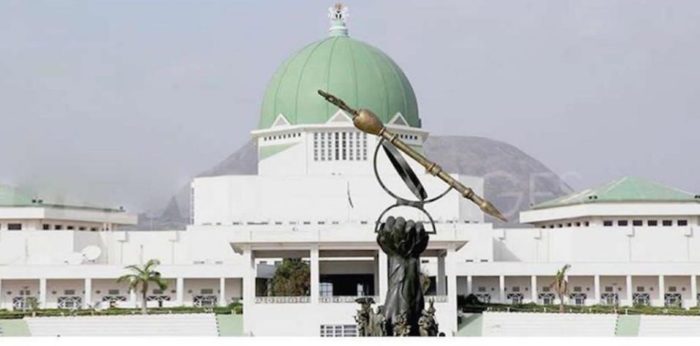Oscarline Onwuemenyi
The Nigerian Extractive Industries Transparency Initiative, NEITI, said it has produced three audit reports covering 10 years and placing in the public domain an amount of approximately $240 billion accruing to the Nigerian state from the oil and gas sector since 1999 to 2008.
Meanwhile, NEITI has sought proper interpretation and clarification of the provision of the law with regards to its ability to prosecute defaulters of the transparency and accountability laws in the industry.
The Chairman of the National Stakeholder Working Group, NSWG, of NEITI, Prof. Assisi Asobie, came out with the position at a Sensitization Workshop for Judicial and Law Enforcement Officers in Abuja.
He stated that the ability of the Initiative to carry through its mandate “to eliminate all forms of corrupt practices in the determination, payments, receipts and posting of revenue accruing to the Federal government from extractive industry companies” was greatly impaired by the nebulous provision for sanctions in the NEITI Act of 2007.
Asobie explained that the implementation of the Extractive Industries Transparency Initiative (EITI) in Nigeria “is obligatory, involving costs for non-compliance, in terms of enforceable sanctions and penalties.”
He added, “EITI implementation is done mostly by voluntary consensual process, adding that, “It is neither mandatory nor legally binding. The application of sanctions is seldom part of the process. Consequently, the courts are needed to interpret the law and enforcing it by applying any prescribed penalties to specific cases of breach.”
According to him, the EITI has been implemented in Nigeria for seven years and four months, three of those years under the NEITI Act 2007.
He added, “So far, NEITI has relied on persuasion, dialogue and consensus building to attain its objectives and perform its functions. Time is now ripe to add to add enforcement measures to its tools of implementing EITI.”
He further said, “We seek a clarification of the key provisions with the judicial and other law enforcement officers, their cooperation, as part of our preparation to bare the teeth of the NEITI.”
According to Asobie, the sanctions and penalties specified in the Act, if judiciously applied, will go a long way in ensuring that government and companies are held accountable for the prudent management of revenue accruing from the extractive industries in Nigeria.
He added that, nevertheless, there is an important albeit indirect role for the courts and law enforcement agencies in the implementation of the EITI.
The NSWG Chairman further noted that there has been conflict in the mandate of the NEITI with other agencies of government, pointing out that the NEITI Act endows on the body certain functions and powers that appear to belong more appropriately to other, older agencies of the Federal government.
For instance, he said, one of the primary objectives of the NEITI is ‘to eliminate all forms of corrupt practices in the determination, payments, receipts and posting of revenue accruing to the Federal Government from extractive industry companies.’
“This appears to be a task more suited for the mainline anti-corruption agencies such as the Independent Corrupt Practices and other Related Offences Commission (ICPC) and the Economic and Financial Crimes Commission (EFCC),” he stated.
Meanwhile, the Executive Secretary of NEITI, Mrs. Zainab Ahmed, has announced that the full report of the 2006-2008 audits in the oil and gas sectors would be published in the next few weeks.
She explained that as an EITI Compliant nation, Nigeria was expected to use the NEITI platform to ensure that revenues from oil, gas and solid minerals translate to better standard of living for all Nigerians through prudent management.
“However, one major challenge which NEITI faces at the moment is public education, building partnership on its objectives and benefits with its critical stakeholders especially the judiciary,” she stated.
According to Ahmed, the judiciary is central to the implementation of the NEITI Act of 2007. For instance, methods of redress, petitions and recourse mechanism quite often require judicial interventions.



